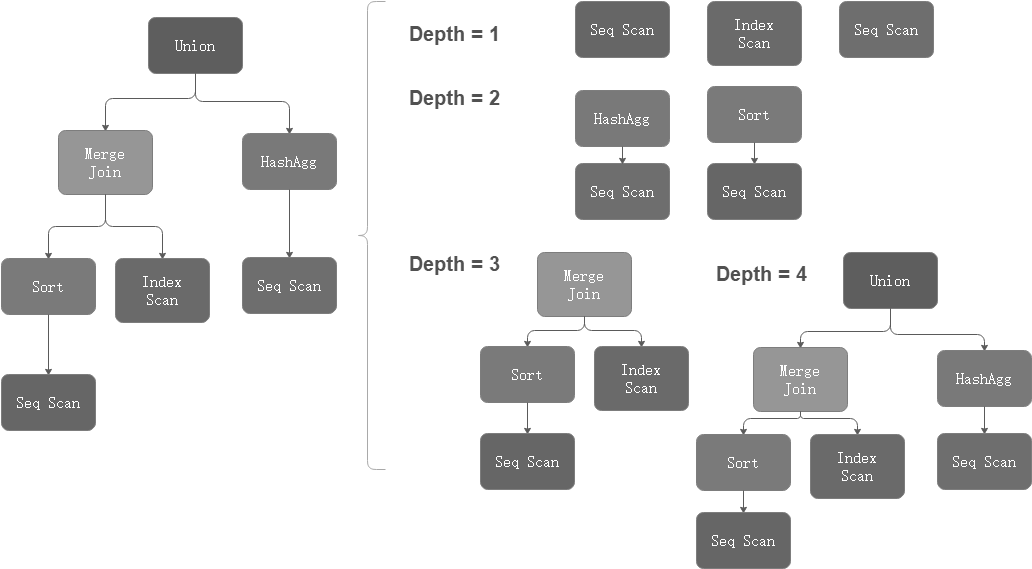openGauss源码解析(182)
openGauss源码解析:AI技术(29)
3. 预测流程
内核侧的模型预测过程主要通过ModelPredictInternal函数实现。树状模型预测过程通过TreeModelPredict函数实现。内核侧的树状模型预测过程会占用一些与AI Engine进行通信的信令,该通信过程如下:
char* TreeModelPredict(const char* modelName, char* filepath, const char* ip, int port)
{
…
if (!TryConnectRemoteServer(conninfo, &buf)) {
DestroyConnInfo(conninfo);
ParseResBuf(buf, filepath, "AI engine connection failed.");
return buf;
}
switch (buf[0]) {
case '0': {
ereport(NOTICE, (errmodule(MOD_OPT_AI), errmsg("Model setup successfully.")));
break;
}
case 'M': {
ParseResBuf(buf, filepath, "Internal error: missing compulsory key.");
break;
}
…
}
/* Predict阶段 */
…
if (!TryConnectRemoteServer(conninfo, &buf)) {
ParseResBuf(buf, filepath, "AI engine connection failed.");
return buf;
}
switch (buf[0]) {
case 'M': {
ParseResBuf(buf, filepath, "Internal error: fail to load the file to predict.");
break;
}
case 'S': {
ParseResBuf(buf, filepath, "Internal error: session is not loaded, model setup required.");
break;
}
default: {
break;
}
}
return buf;
}
AI Engine侧的Setup过程的Web接口是/model_setup,预测阶段的Web接口是/predict,他们的协议都是Post。
4. 数据编码
数据编码分为以下两个维度。
(1) 算子维度:包括每个执行计划算子的属性,如表8-15所示。
表8-15 算子维度
属性名 | 含义 | 编码策略 |
Optname | 算子类型 | One-hot |
Orientation | 返回元组存储格式 | One-hot |
Strategy | 逻辑属性 | One-hot |
Options | 物理属性 | One-hot |
Quals | 谓词 | hash |
Projection | 返回投影列 | hash |
(2) 计划维度。
对于每个算子,在其固有属性之外,openGauss还对query id,plan node id和parent node id进行了记录,在训练/预测阶段,使用这些信息将算子信息重建为树状计划结构,且可以递归构建子计划树来进行数据增强,从而提升模型泛化能力。树状数据结构如图8-21所示。

图8-21 树状数据结构示意图
内核侧的树状数据编码通过GetOPTEncoding函数实现。



 浙公网安备 33010602011771号
浙公网安备 33010602011771号